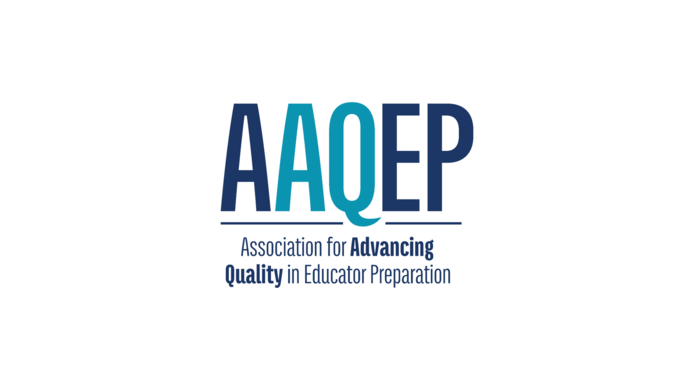Course Overview
Learn how to identify hyper-aroused and dissociated students using Trauma-Informed Practices (TIP). Create trauma-informed lesson plans, apply effective interventions, and execute de-escalation strategies. This course will cover the fundamental theory of Trauma-Informed Practices including brain development and organization, schools as buffers to trauma, positive development, dosing stress, heterogeneous stress response, Neurosequential Model in Education (NME), relational sensitivity, sequence of engagement, and NME Mini-Maps. You will use these concepts to create a variety of new systems, structures, protocols, and procedures for your own classroom or organizational setting.










